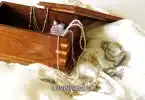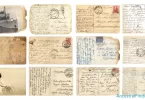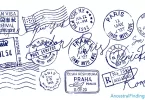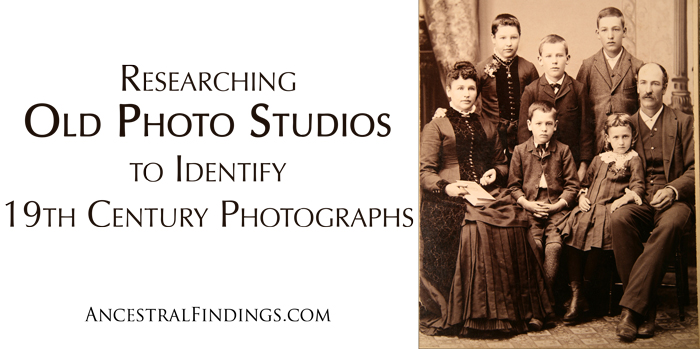Are you the guardian of your family’s treasured heirlooms? Many genealogists find themselves in that position. It is not uncommon for relatives who know you are a genealogist and family historian to leave heirlooms with you, because they know you will protect them. And, you do. But, like most genealogists, you probably wonder how you are going to preserve those heirlooms for future generations.
If your kids are interested in genealogy and engaged with it, then you have no issue, because you know those heirlooms will be protected and their stories preserved. However, not every genealogist is that lucky. It is true when other genealogists say the interest often skips a generation, or sometimes two. If your kids, and even your grandkids (or if you don’t have kids) are not interested in genealogy, what do you do about those heirlooms? They mean something to you, and probably to others of your generation or the generations before you. How can you protect them and make sure the stories associated with them are preserved for the future generations who WILL be interested in them?
Thanks to the Internet, you have more options than you did in the past. With online family trees, you can snap photos of your heirlooms (from all angles, if you want to), and upload them for all the world to see. The Internet, in all likelihood, will be around for as long as humans. Once your photos of your heirlooms are put online, on any online family tree website, they will always be there, and those pictures can be saved and shared among anyone who is looking into your family.
In addition to posting the photos, you can also write down the stories associated with the heirlooms and attach them to the pictures. Talk about who they belonged to, when that person owned them, how the original owner got them, and any special family stories surrounding the use of the heirlooms. These stories will get passed around the Internet along with the photos of the heirlooms, and this way, they will never be lost. You can also use this method for preserving old family photos, along with captions including who is in them, the year they were taken, where they were taken, the approximate ages of the people in them, and what is going on in the photos.
Of course, you will probably want to preserve more than just the image of your heirlooms. While you cannot guarantee the actual heirlooms will always exist forever, as things do get destroyed and/or lost in the passage of time, you can give them their best chance of long-term survival for the next few centuries, at least. You can do this by donating them to a local, regional, or national archive or historical society, depending on their origin and the importance at a geographical level of their original owners.
When you donate, send along a typed or handwritten card or sheet of paper detailing all the information about the heirlooms you want future generations to know. The archive or historical society you have chosen to donate to will include this information in their own cataloging and/or displaying of the items. These groups are experts in the preservation of historical items, and will know just what to do with yours, including how to store and/or display it to keep it safe, protected, and in its original (or sometimes, restored) condition.
It can be hard to give up your precious heirlooms to an organization, but it really is the best chance they have of being preserved for future generations if your direct descendants are not interested in genealogy, or not as passionate about it as you. Keep the heirlooms for as long as you want, and enjoy them, and only donate them when you are ready, regardless of how old you are. If you are concerned about the safety of the heirlooms if something were to happen to you before you can donate them, plan ahead. List the organizations that are to receive certain heirlooms in your will, and put a card or sheet of paper with each item telling its story, to make sure the stories go with the items if you’re not there to do it yourself. You will feel a lot better about the future safety and preservation of your heirlooms if you do these things. You will know that no matter what, your heirlooms will go on, and be accessible to and appreciated by the people who are drawn to them through genealogy.
If your family has a vague interest in genealogy, but you still are not sure they will preserve your heirlooms for you, you can take pictures of the items and put them in an “heirloom photo album,” along with the typed or handwritten stories associated with them. Then, donate or make arrangements for donating, your items to the appropriate organizations. Your family will have a photographic and written record of these heirlooms to enjoy and hopefully pass down through the generations, while your heirlooms will be safe and protected for a long time to come.
As a genealogist, protecting your family heirlooms is both your responsibility and your joy. Make sure they are preserved for future generations, along with the stories that make them special and tie them to your family. Use any or all of these suggestions, and you can be assured your heirlooms and their stories will stand the test of time, and be available to the future genealogists who will want to see them and know about them, and who will ultimately love them as much as you do. This should be your primary goal with any heirloom. This is how you do it.






